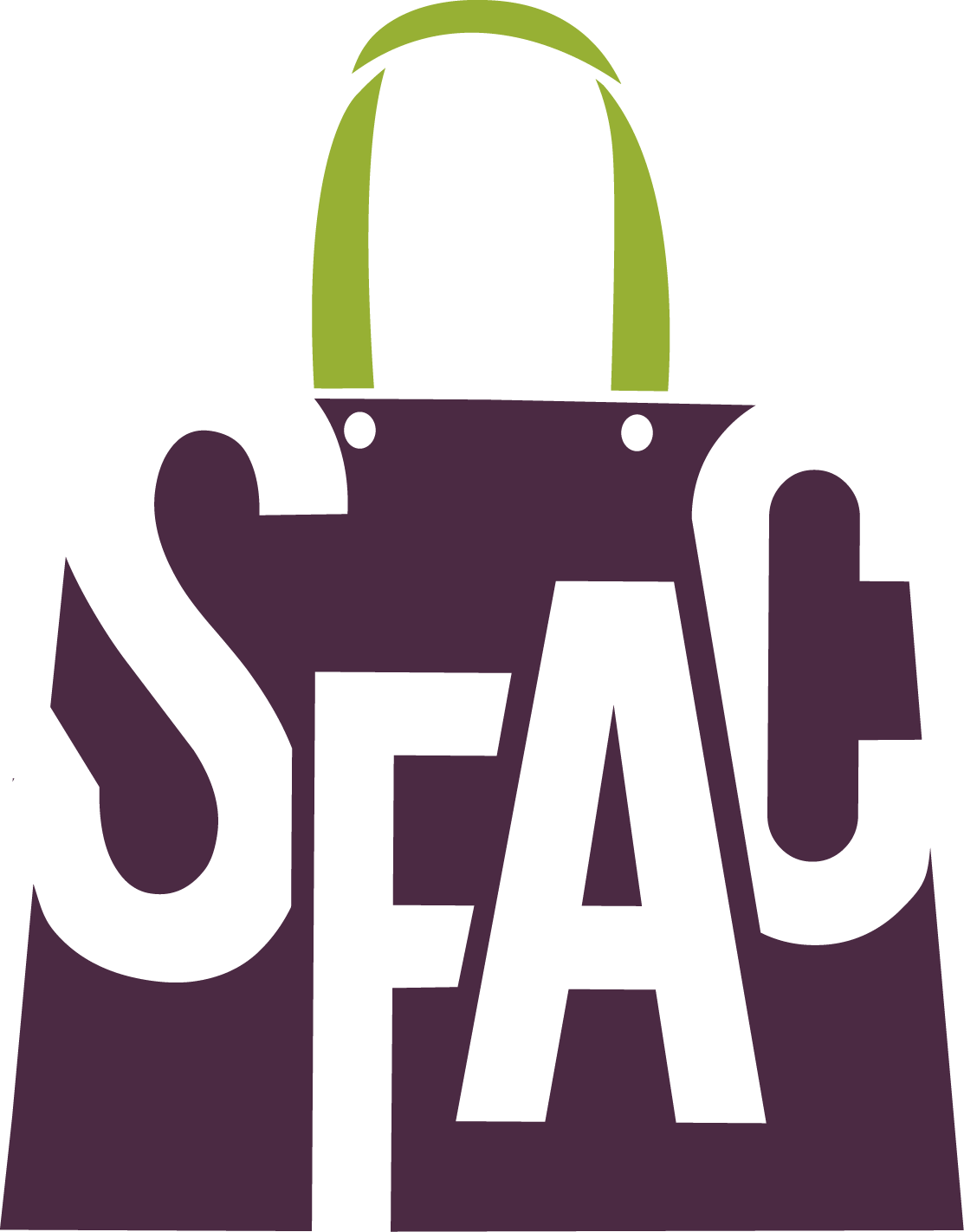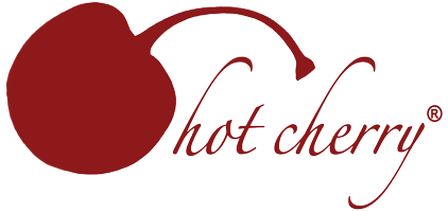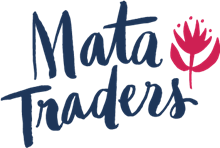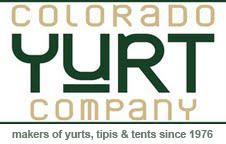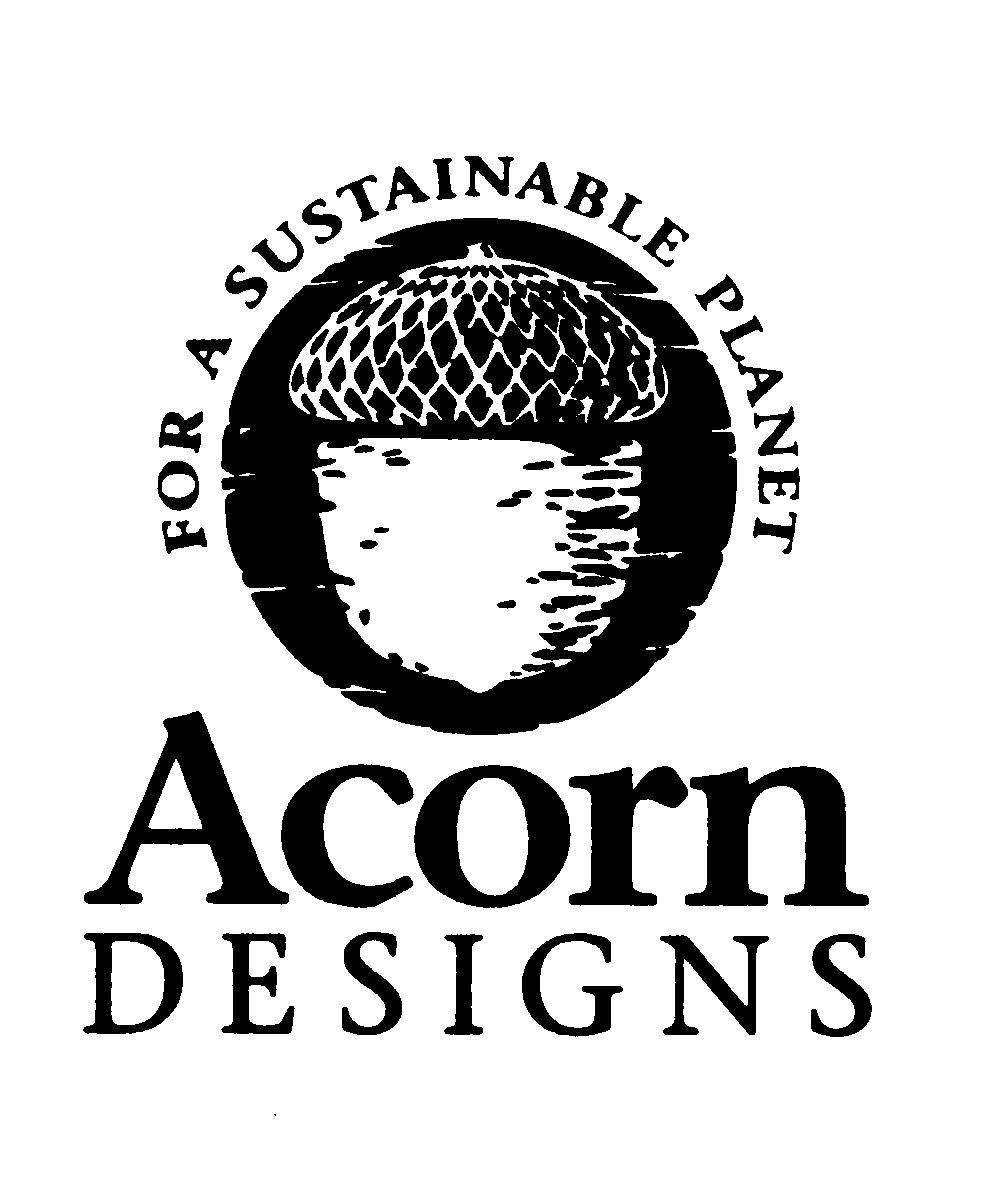
Includes accessories; bags and cloth wraps; bedding; curtains; footwear; table, kitchen and bath linens
Company
Required:
- Business core purpose includes a “green” business function.
- Social and environmental mission and vision statement for your business on its website.
Preferred:
- Banking with a community development, minority, or socially & environmentally responsible bank or credit union.
- Protocols in place (e.g., trainings, HR policies, support group(s), statement of commitment, accountability mechanisms, etc.) that advance justice, equity, diversity and inclusion (JEDI) within the company.
Materials Used for Apparel and Textiles
Required:
- Produced using certified organic, reclaimed/recycled fibers or other sustainable material such as hemp.
- Transparency around animal derivatives. If selling leather, it must be a byproduct and sustainably sourced (e.g., regarding treatment of animals).
- Use of eco fabrics; durable, made from post or pre-consumer recycled fibers, processes that do not result in a toxic waste stream, can be readily recycled or composted.
- No genetically- modified cotton.
- If using rayon derived from bamboo, no miracle language.
Preferred:
- Dyes: natural or low-impact; fiber reactive; phosphate-free.
- Water-based adhesives.
- Use recycled clothing from thrift or second-hand stores.
Manufacturing of Apparel and Textiles
Required:
- Commitment to sustainable labor practices and continuous improvement and transparency in the process.
- Country of manufacture disclosed on all products unless everything comes from one country and it is stated clearly on the front page of the website.
- Code of conduct in place that addresses social and environmental factory conditions with enforcement mechanism.
- Owned factories have an established worker representation mechanism.
- Owned factories pay a wage that ensures workers well-being.
- Commitment to a transparent supply chain including sub-contracting.
- Long-term contracts with contracted manufacturers.
Preferred:
- Owned and/or contracted factories are certified fair labor or fair trade.
- Owned/contracted factories are unionized.
- Disclosed factory list publicly available.
- Factory labor is paid a living a wage.
Product Packaging
Required:
- Environmentally and socially positive packaging.
- Packaging is recyclable or compostable.
- Packaging components are from recycled sources and used at minimum.
Preferred:
- Packaging can be taken back for reuse.
Product Shipping & Company Transportation
Required:
- Program in place to reduce emissions from company vehicles.
- Works with distributors that take steps to reduce emissions from vehicles and shipping.
Preferred:
- Company is an EPA SmartWay partner or affiliate.
- Company Works with distributors who are EPA SmartWay partners or affiliates.
Company Employment
Required:
- Employees have access to family friendly benefits including high-quality health insurance, sick days, paid parental leave and childcare help.
- Offer a flexible workplace culture that encourages work/life balance and makes reasonable accommodations for telecommuting and flex schedules.
- Pays a wage that ensures employees well-being.
- Has an established non-discrimination policy and procedure, and ensures an inclusive workplace culture.
- Governs fairly and in a transparent manner. Is open to employee input. Has a whistle blower protection policy in place.
Preferred:
- Living wage is paid.
- Has an established program that invests in employee growth and development.
Education
Required:
- Educates consumers on how to properly dispose of product at end of life-cycle.
- Use transparent and truthful marketing.
- Advocate for green business practices in your industry.
- Established program for receiving input from both internal and external stakeholders.
Preferred:
- Established take back program for end of product life-cycle.
- Actively seeks feedback from industry peers and participates in industry associations and mentor programs.
Green Office/Facility
Required:
- HVAC system well-maintained, building well-insulated, and smart and efficient climate control employed.
- System in place for reducing electricity consumption from lighting and electronics.
- Use of Energy Star rated appliances and CFL/LED light bulbs in office.
- Use of 100% post-consumer recycled, Chlorine Free paper in the office and in all envelopes, marketing, and print materials.
- Systems in place for reducing paper use such as electronic processes, printers set with double sided printing as the default, and more.
- Use of only non-toxic cleaning and pest control products.
- Maximum amount of waste is reused or recycled including paper, plastic, metals, glass, electronics, and printer ink cartridges.
- Action on clean energy such as purchase of Renewable Energy Certificates (RECs) or use of on-site clean energy.
- Compost all food waste.
- Landscaping done with sustainability in mind, especially considering runoff and stormwater management.
- Only fair trade and USDA certified organic coffee and tea served in the office.
- Use of green or local caterers for events.
- Use of a certified E-Steward for electronics recycling.
- Proper disposal of hazardous materials (e.g., batteries, paint, motor oil, etc).
- Knowledge of recycling/composting guidelines at your local recycling/composting facility.


